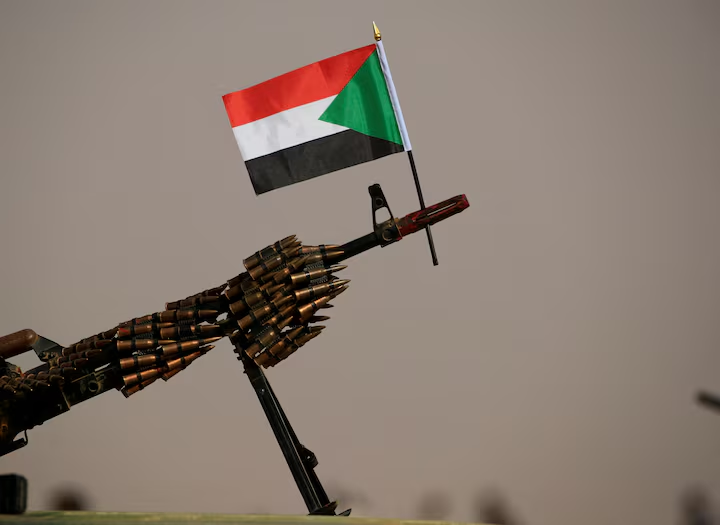Somalilandsun – From traditional native clothing and dancing to backward caps and hip-h op, refugees from around the world stayed true to their heritage but revealed how they have embraced a new American culture.
op, refugees from around the world stayed true to their heritage but revealed how they have embraced a new American culture.
Children from Somalia, Liberia, Sudan, Mexico and Burundi spent a week choreographing dance routines, writing poems, practicing musical numbers and doing art projects to sell at this year’s performance, held Friday at the Discovery Christian Community in Cottonwood Heights.
Because He First Loved Us, a relational ministry who meet spiritual and educational needs of 204 refugees in Utah, put on the event. Kids from the University Neighborhood Partners were invited to participate as well.
The Utah Refugee Coalition and Refugee Services Office estimated that in January 2013 at least 46,154 refugees had settled in Utah, 70 percent of whom are women and children. The weekend performance served as a fundraiser for the ministry and raised more than $1,100, said Danielle Alcala, director of Because He First Loved Us.
She chose this year’s theme, “Can’t Hold Us,” because of what the refugees go through to get here.
“They have a lot to overcome, and yet we see them rising and overcoming them all,” she said. “They haven’t let anything, the huge insurmountable odds against them, hold them back.”
Alcala said people don’t realize when they see refugees what their journey has been.
“They would be amazed,” she said.
Alcala said she works primarily with Somalia and Somalia Bantu refugees, but help refugees from all over the world.
They tutor more than 75 kids per week and Alcala said it is their primary program. They also do family mentoring, gang intervention and prevention and have a boys basketball team and a girls tennis team.
“We also help them with their language skills in English so that they can learn to comprehend and things like that but then we also continue to support them speaking their own language in their homes,” she said.
Alcala said the kids love the arts, and it is through the arts they are able to embrace their two worlds.
“There is so much about their culture that the American culture could really learn from,” she said. “(For example) their sense of community.”
Brothers Bryant and Jonathan Martinez recited a poem during the performance that they wrote titled Chicano. “Mixed, biracial, Chicano, so many labels,” they read. “Sometimes it gets confusing what ‘we are,’ but we think we have the best of both worlds.”
Muhamud Abukar, 15 who was born in a refugee camp in Kenya but whose family is Somali Bantu, wrote a rap that was included in the program that described his journey:
“People staring at you, they don’t know you, they don’t know what’s inside you, so I tell them stop,” he wrote. “Keep your heads up. Can’t Hold us back, can’t hold us down.”
Abdullah Mberwa is a refugee from Somalia who came to Utah when he was 9 years old. Alcala said he is quite the success story as he was one of their first refugees and now he serves as a leader to the newest refugee children
He said the biggest difference he sees between Somalia and the U.S. is education.
“Back at home when we used to get homework the teacher didn’t care whether we did our homework or not, as long as we showed up,” he said. “Here you learn something and you get something out of education but back at home it wasn’t like that.”
Mberwa said he didn’t know he would be coming to the U.S. until his family joined a camp in Kenya.
“My parents were looking for a better life for us,” he said.
Mberwa said here there is more opportunity to “do a lot of stuff for your life and help out people back at home.”
In Somalia he said at his age he would be married with children and without an education. But here, Mberwa said he is a soccer player and looks forward to becoming a physical therapist.
http://www.deseretnews.com/





















![Somalia: How I silenced the ghosts of war” Ex KDF Sniper KDF spokesman Joseph Owuoth during a press conference at Defence Forces Headquarters in Nairobi. [Boniface Okendo,Standard]](https://i0.wp.com/somalilandsun.com/wp-content/uploads/2025/01/3weEEfVsWimjDyp6nescuDdu3NvvhMEIbD5Dcc9l1.png?resize=100%2C70&ssl=1)












